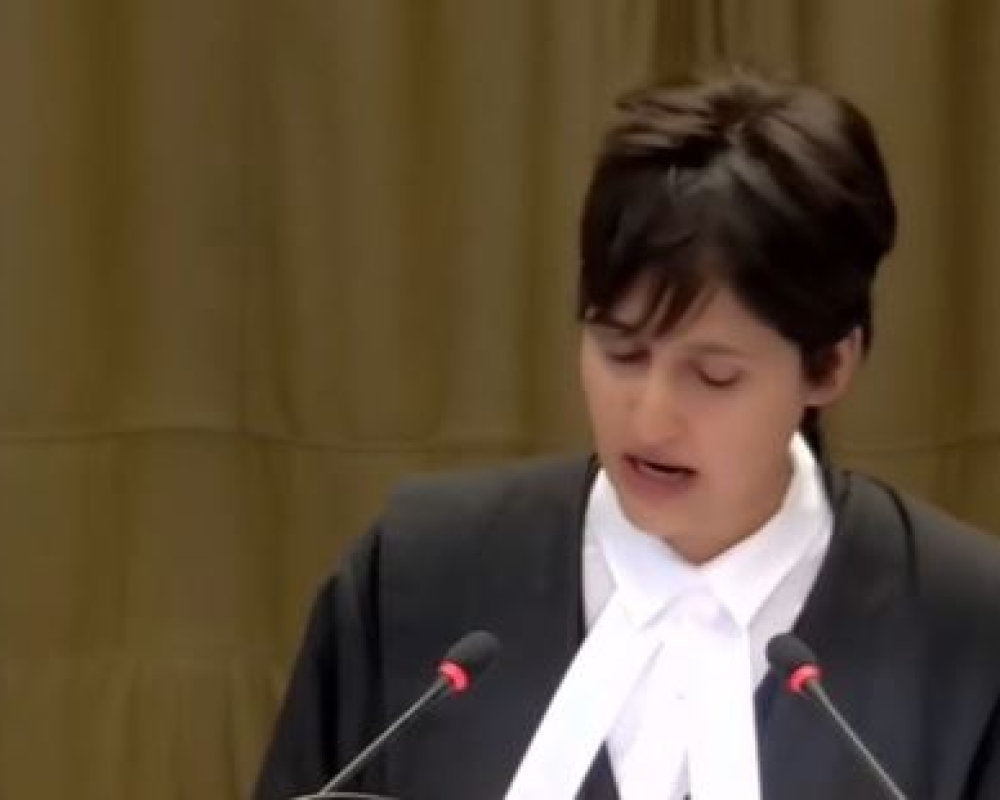
Bethlehem / PNN/
International Court of Justice (ICJ) in The Hague hold today the first public hearing of the lawsuit filed by the State of South Africa against Israel, after it accused of committing genocide against the Palestinian people in the Gaza Strip.
On December 29th, South Africa filed a lawsuit against Israel, the occupying power, against the backdrop of its involvement in “acts of genocide” against Palestinian people in the Gaza Strip.
Today, the court, with its 15-judge panel, will hear the State of South Africa and its legal team for two hours, and the session will be adjourned for deliberation. On Friday, the court it will hear Israel, and then the session will be adjourned to consider urgent procedures and measures.
South Africa submitted an 84-page plea in English, in which it presents evidence that Israel, the occupying power, has violated its obligations under the United Nations Charter, and its involvement in committing acts of genocide against the Palestinian people in the Gaza Strip.
In the application submitted to the International Court of Justice, South Africa requested “indication of interim measures in order to protect against further serious and irreparable harm to the rights of the Palestinian people under the Genocide Convention, and to ensure Israel’s compliance with its obligations under the Convention not to engage in, prevent and punish genocide.”
Assistant Secretary of State for the United Nations and its specialized organizations, Omar Awadallah, said in a previous statement to WAFA that South Africa, a member state in the Convention on the Prevention and Punishment of the Crime of Genocide, which was signed by 153 countries, including Israel, submitted a controversial case to the International Court of Justice to decide necessary and urgent interim measures to stop aggression against Palestinians, to cease the deliberate imposition of living conditions aimed at their physical elimination as a group, to prevent and punish the commission, complicity, and direct and public incitement of genocide, and to abolish relevant policies and practices, including with regard to restricting the entry of aid and forced displacement plans.
The Convention on the Prevention and Punishment of the Crime of Genocide was adopted by the United Nations General Assembly on December 9, 1948, and entered into force on January 12, 1951.